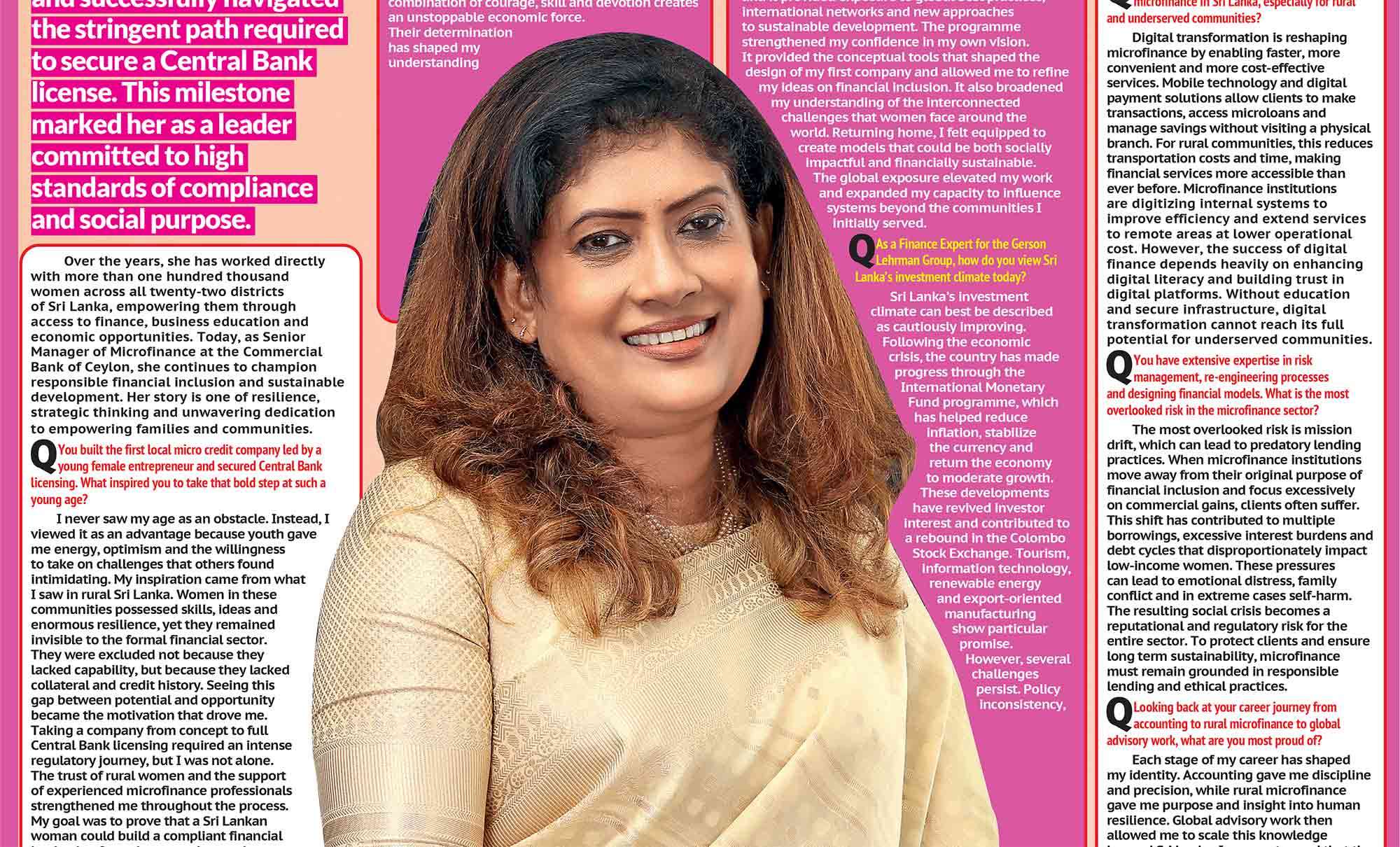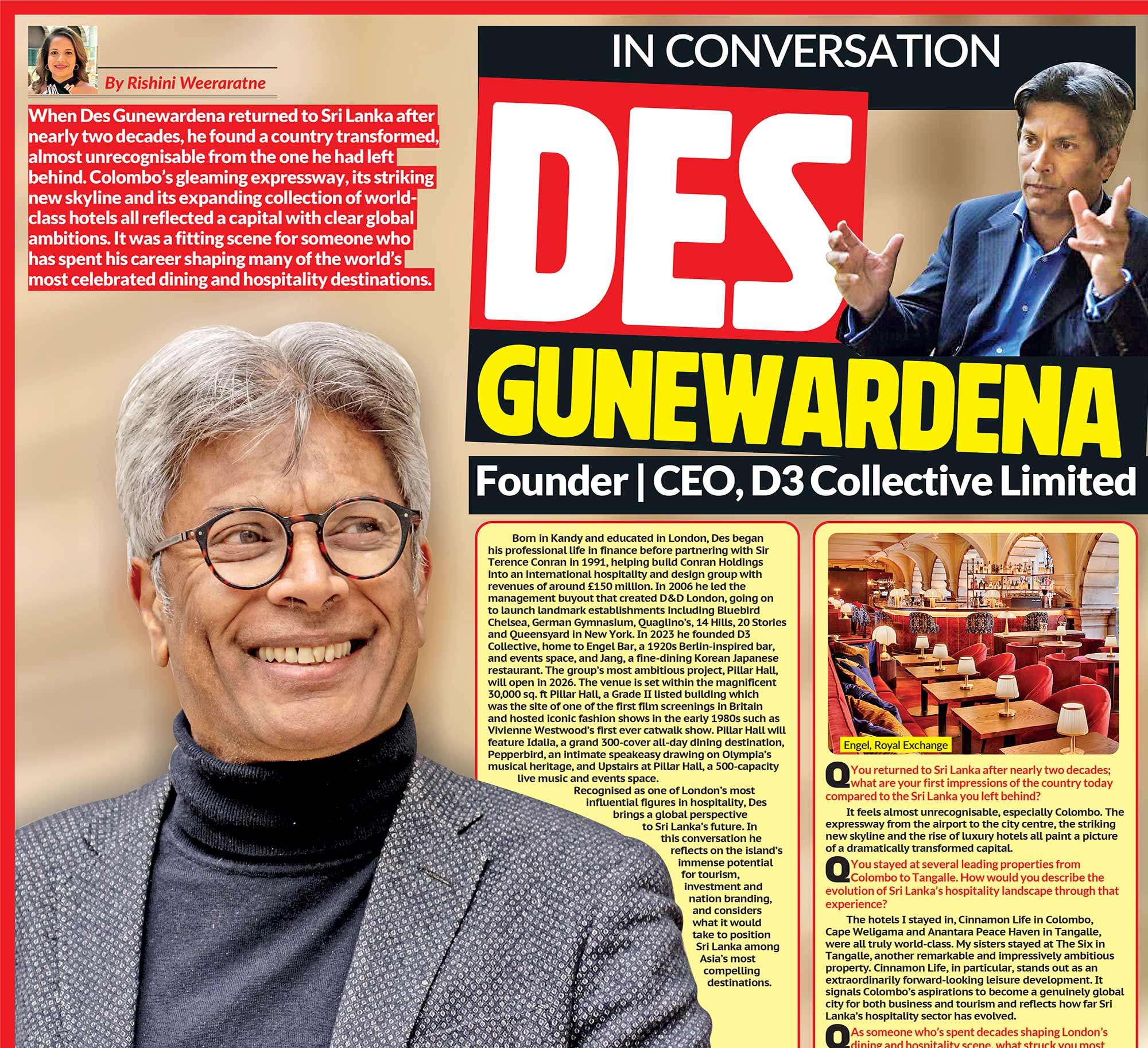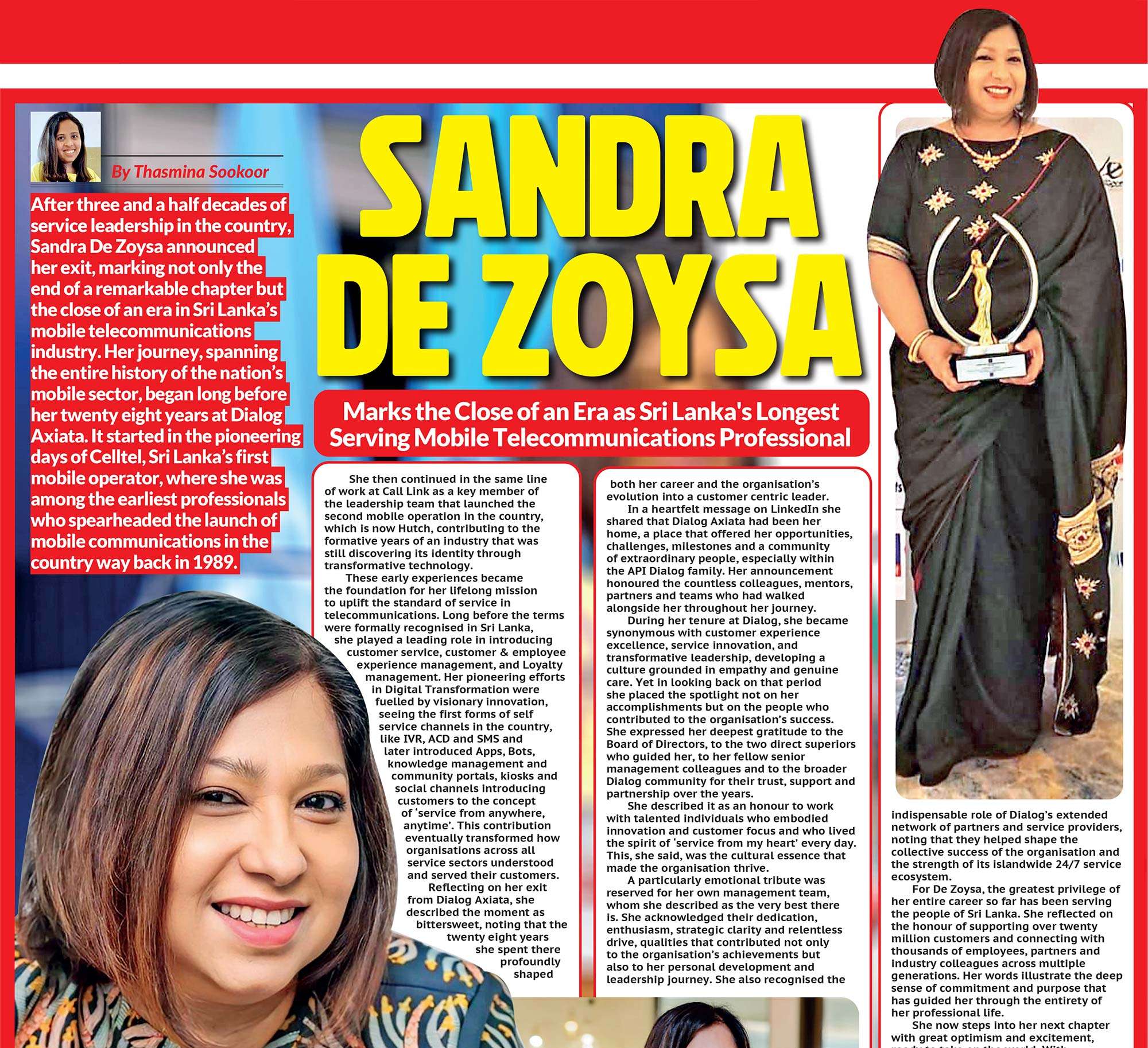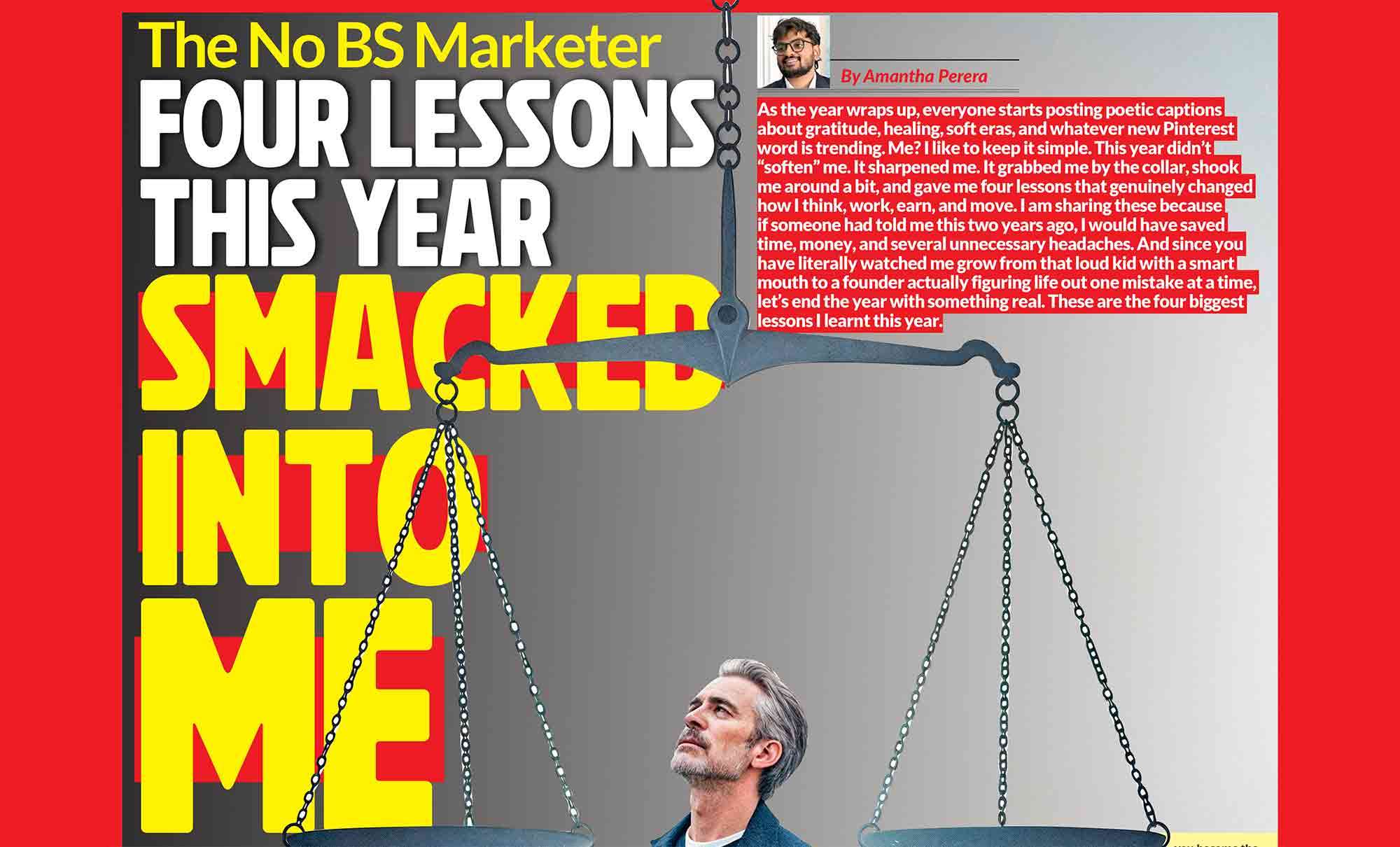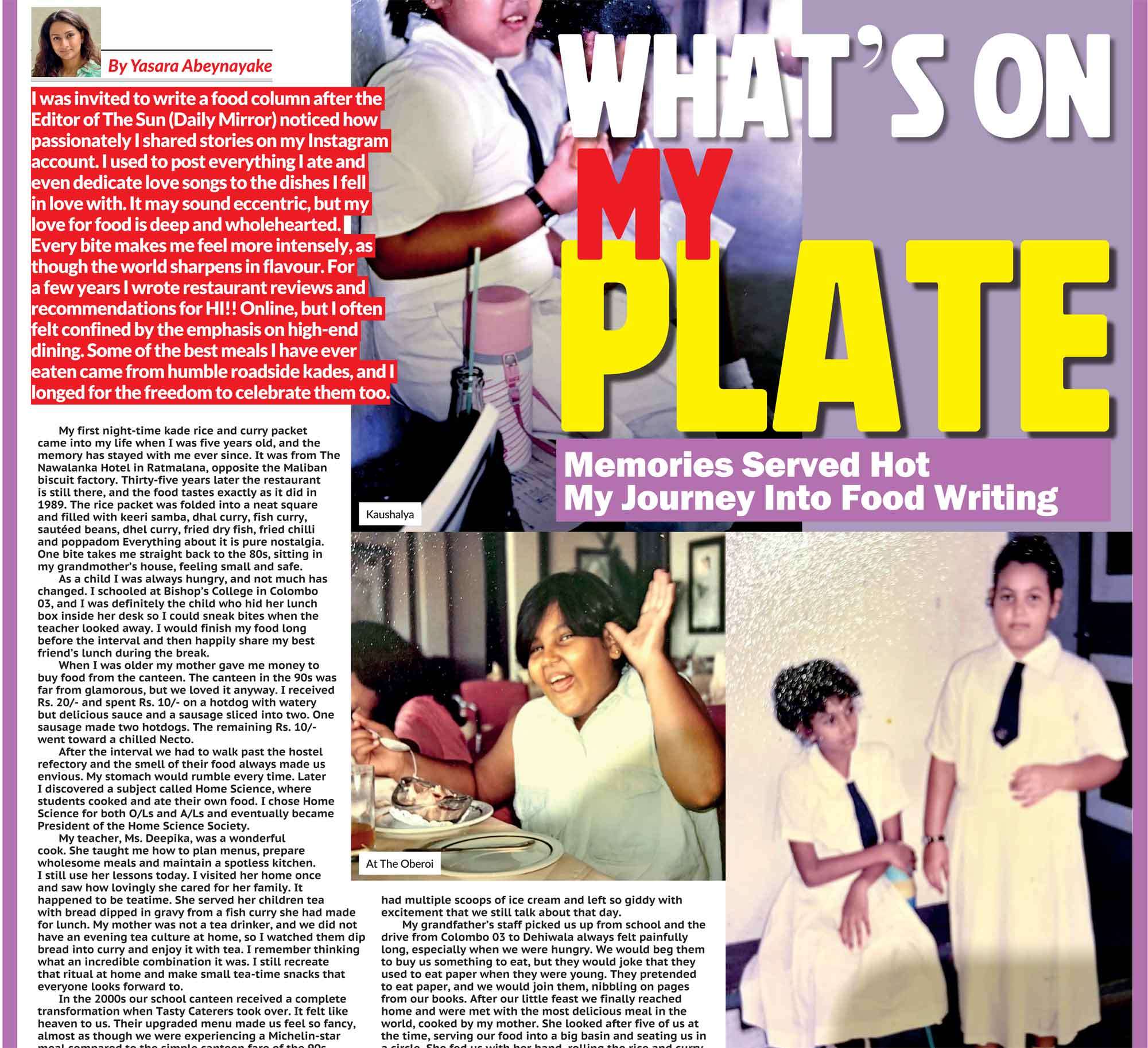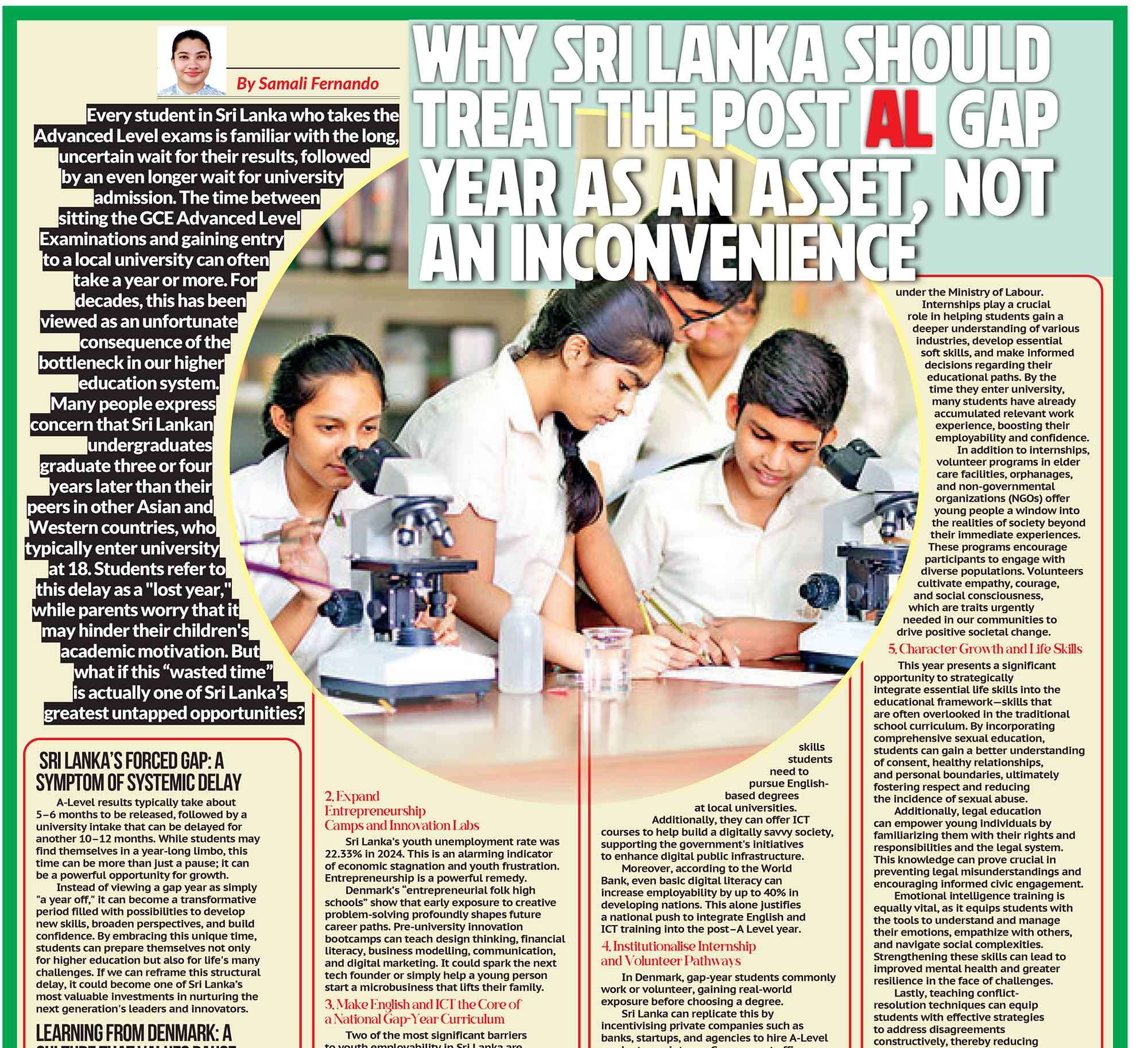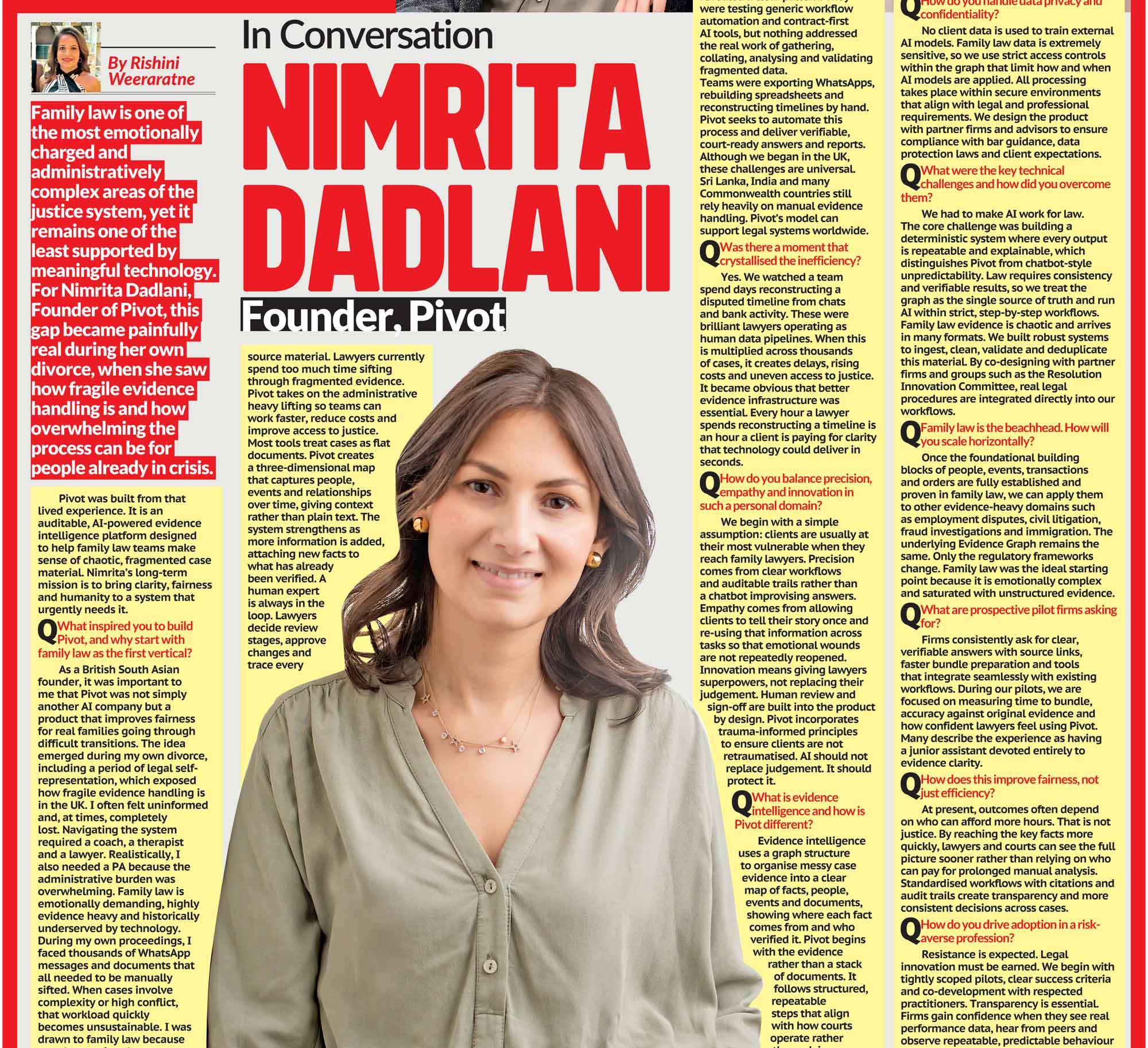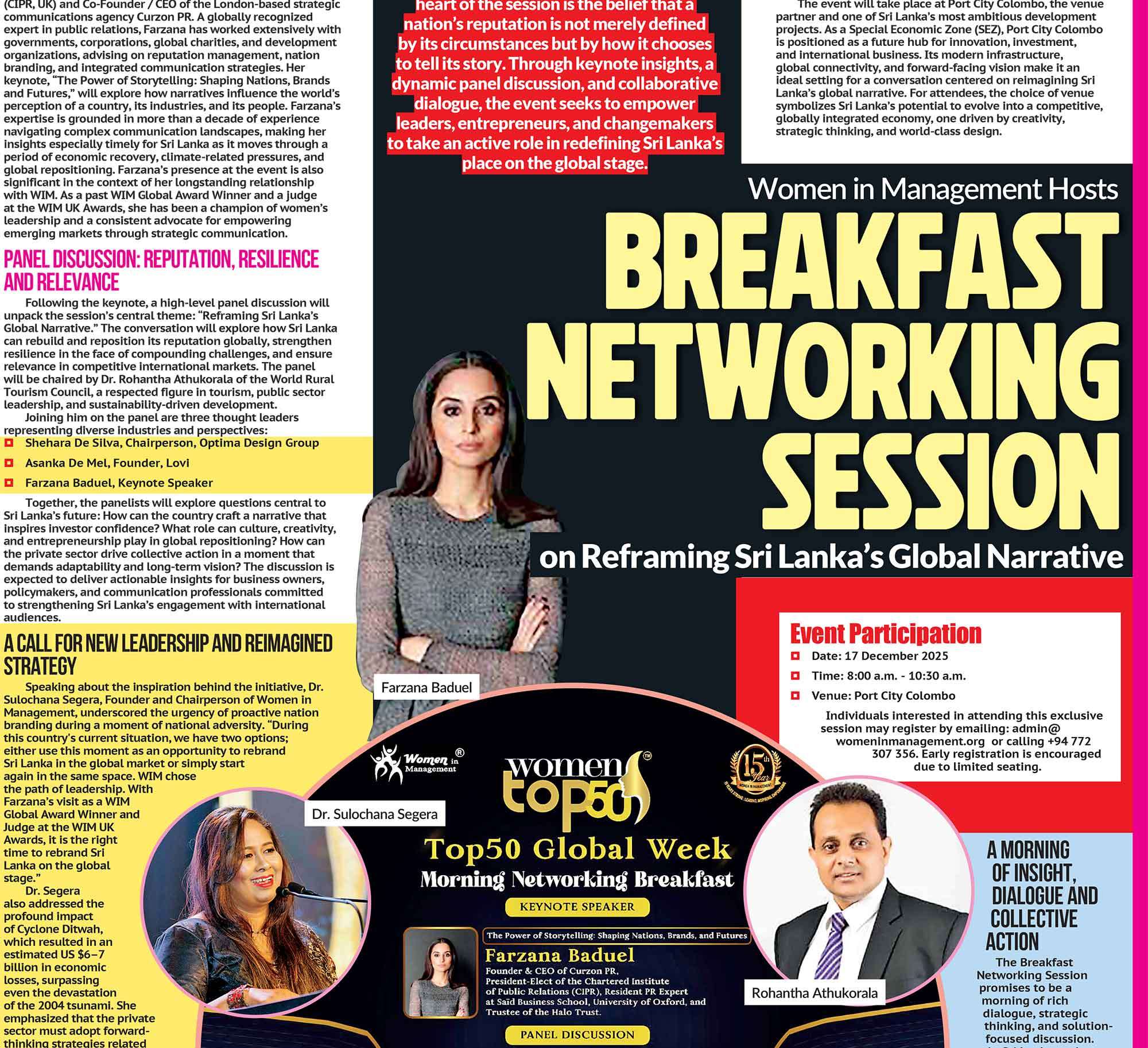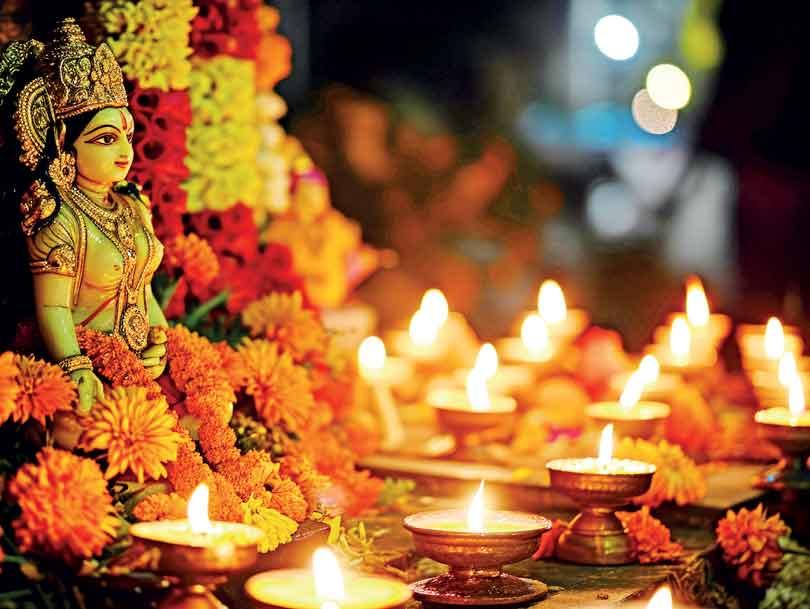
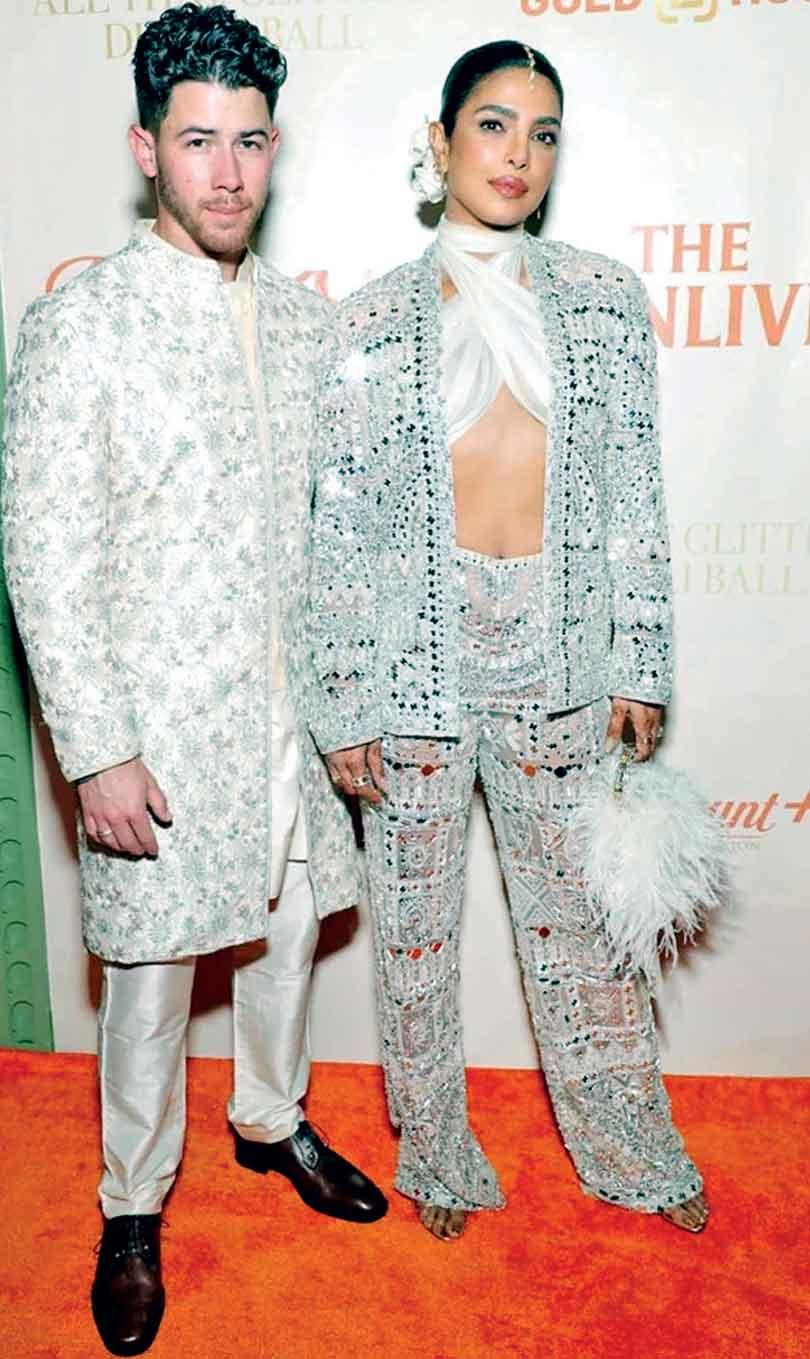
Nick Jonas and Priyanka Chopra at the 'All That Glitters Diwali Ball' in New York City
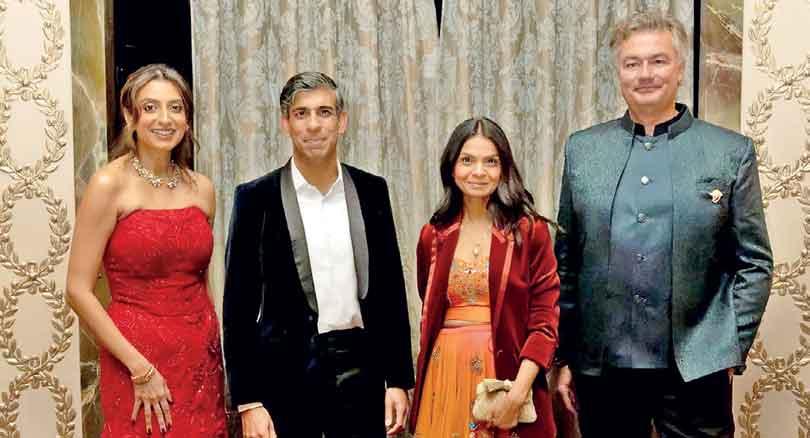
Divia Thani with Former British Prime Minister, Rishi Sunak and his wife Akshata Murthy at the Conde Nast Cartier Diwali Ball in London
Diwali, also known as Deepavali, is one of the most widely celebrated festivals in India and Sri Lanka, as well as among the Indian and, Hindu and Buddhist Sri Lankan diaspora around the world. Known as the “Festival of Lights,” Diwali symbolizes the triumph of light over darkness, knowledge over ignorance, and good over evil. Observed by millions of people from diverse faiths, including Hindus, Sikhs, Jains, and Buddhists, the festival spans five days, each marked by distinct rituals, stories, and cultural traditions. Its enduring appeal, both historically and in contemporary times, highlights Diwali’s deep social, spiritual, and cultural significance.
Historical Background of Diwali
The origins of Diwali are rooted deeply in ancient Indian history and mythology. Though primarily a Hindu festival, its observance is diverse, with regional variations and stories influencing the way it is celebrated. According to Hindu mythology, Diwali commemorates the return of Lord Rama, along with his wife Sita and brother Lakshmana, to the kingdom of Ayodhya after a fourteen-year exile and the defeat of the demon king Ravana. The citizens of Ayodhya celebrated Rama’s victory by illuminating the entire city with earthen lamps, marking the beginning of the tradition of lighting diyas (lamps) during Diwali. Another narrative associated with Diwali involves Lord Krishna, a revered deity in Hinduism. It is believed that Krishna defeated the demon Narakasura on the day preceding Diwali, liberating thousands of prisoners. The celebration of this victory is marked in certain regions as Naraka Chaturdashi, the second day of Diwali, with rituals of purification and early morning oil baths. For Jains, Diwali holds a distinct significance. It marks the attainment of moksha (liberation) by Lord Mahavira, the 24th Tirthankara, in 527 BCE. Jains light lamps to symbolize the triumph of knowledge over ignorance, celebrating spiritual enlightenment. Sikhs observe Diwali as Bandi Chhor Divas, commemorating the release of Guru Hargobind Ji and 52 other princes from imprisonment in Gwalior Fort by the Mughal Emperor Jahangir. The Golden Temple in Amritsar and other gurdwaras are illuminated, drawing devotees for prayers and communal celebrations. Thus, while the religious stories differ, the common thread is the celebration of victory, light, and renewal. Over centuries, Diwali has grown into a multi-faceted festival that transcends religious boundaries and regional practices.
Significance of Diwali
Diwali is rich in symbolic meaning, encompassing spiritual, cultural, social, and economic dimensions. At its core, the festival represents the victory of good over evil and light over darkness. Lighting lamps during Diwali is not merely a decorative act; it symbolizes the illumination of the human mind and spirit, dispelling ignorance and fostering knowledge, hope, and positivity. The festival also emphasizes moral values and the importance of righteous living. For instance, Lord Rama’s return signifies adherence to dharma (duty) and moral integrity, highlighting the rewards of virtuous conduct. Similarly, Krishna’s defeat of Narakasura exemplifies the courage to confront and overcome inner and external evils.
Diwali holds immense economic and social significance as well. It is traditionally associated with new beginnings and prosperity. The festival is considered an auspicious time for financial decisions, such as starting new ventures, purchasing gold, or investing in property. Worship of Goddess Lakshmi, the deity of wealth and prosperity, on the third day of Diwali underscores the connection between spiritual devotion and material well-being. Households are meticulously cleaned and decorated to welcome the goddess, reflecting the intertwined values of cleanliness, order, and prosperity. From a social perspective, Diwali fosters community bonding and familial harmony. It is a time for family reunions, sharing festive meals, exchanging gifts, and performing collective rituals. The act of distributing sweets, offering prayers together, and lighting fireworks cultivates a sense of belonging and shared joy. Even in modern, urban settings, Diwali serves as a reminder of the importance of maintaining social ties and traditions amidst fast-paced lifestyles.
Diwali Celebrations Across Regions in India
Diwali is celebrated in diverse ways across India, reflecting the country’s rich cultural mosaic. In North India, the festival is closely associated with the story of Lord Rama. Houses are adorned with intricate rangoli (decorative floor patterns), diyas, and lights. The night of Diwali sees families performing Lakshmi Puja to seek blessings for wealth and prosperity. Fireworks and crackers are integral to the celebration, creating a vibrant atmosphere of joy. In Western India, particularly in Gujarat and Maharashtra, Diwali coincides with the celebration of the new year according to the regional calendars. People decorate their homes with earthen lamps, burst firecrackers, and participate in fairs and cultural performances. The festival also emphasizes agricultural cycles, marking the end of the harvest season and invoking gratitude for abundance. Southern India’s Diwali observances often focus on the defeat of Narakasura by Lord Krishna. Early morning rituals, oil massages, and festive feasts are common. In Tamil Nadu, Andhra Pradesh, and Karnataka, sweets and savouries like murukku, laddoos, and adhirasam are prepared, and homes are decorated with kolams (rice flour designs). In some regions, people perform charitable acts and visit temples to honour deities associated with prosperity and wisdom. In Eastern India, particularly West Bengal, Diwali merges with Kali Puja, where Goddess Kali is worshiped with grand rituals, lighting lamps, and offering prayers. This regional variation reflects the festival’s adaptability and integration with local religious practices and cultural aesthetics.
Modern-Day Perspective of Diwali
While rooted in ancient traditions, Diwali has evolved in contemporary times, reflecting changes in society, technology, and lifestyle. Urbanization and globalization have influenced how the festival is celebrated. Cities and towns see elaborate public displays of lights, community events, and large-scale fireworks, while social media has become a platform for sharing Diwali greetings, wishes, and celebrations globally. Economic aspects of Diwali have gained prominence in the modern era. Retailers and businesses often rely on the festive season for significant annual sales. Shopping for gifts, clothes, electronics, and sweets has become a hallmark of contemporary Diwali, blending traditional rituals with consumer culture. Despite commercialization, the underlying spirit of generosity, family bonding, and celebration remains intact.
Diwali has also transcended religious boundaries in today’s multicultural societies. People from diverse faiths participate in Diwali celebrations, enjoying the cultural expressions of lights, sweets, and gatherings. This inclusive spirit highlights the festival’s role in fostering unity, tolerance, and shared cultural experiences in contemporary societies. Furthermore, Diwali’s themes of renewal, reflection, and hope resonate in modern life. The festival offers an opportunity to pause, express gratitude, and seek personal growth. Many individuals use this period for self-improvement, cleaning and decorating their homes, mending relationships, and setting new goals. Diwali’s emphasis on inner light and knowledge aligns with modern aspirations for mental well-being, mindfulness, and purposeful living.
Diwali in the Diaspora
Across the diaspora, Diwali has evolved into a glamorous, cosmopolitan celebration, epitomised by high-profile events such as the Condé Nast Traveller and Cartier Diwali Ball at The Dorchester in London, hosted annually by Divia Thani; the glittering All That Glitters Diwali Ball in New York City, hosted by Anjula Acharia; and the Mayfair Times Diwali Party at The Dorchester, hosted by Selma Day. These high-profile celebrations bring together figures from fashion, entertainment, business, and the arts, creating a vibrant space where South Asian culture is celebrated with elegance and creativity. These events blend tradition with modern luxury, featuring curated menus, elaborate floral decorations, live performances, and exclusive gifts, all designed to capture the spirit of Diwali in a contemporary, global setting. Beyond its opulence, these balls highlight the role of the diaspora in keeping cultural traditions alive, providing a platform for community connection, cross-cultural exchange, and the celebration of heritage on an international stage.
The Indian diaspora has carried Diwali celebrations to countries across the world, including Canada, Australia, Singapore, and the Middle East. In many of these countries, Diwali is recognized as a cultural festival, with schools, municipal councils, and community centres organizing events, cultural programs, and public celebrations. These global celebrations preserve traditional rituals while promoting cross-cultural understanding and appreciation. In addition, Diwali’s universal themes of light, knowledge, and hope resonate with broader human values, making it accessible to non-Hindus and encouraging intercultural exchange. The festival’s visual splendour, vibrant colours, and communal festivities offer a compelling cultural narrative that transcends linguistic, national, and religious boundaries.
Diwali is far more than a festival of lights; it is a profound celebration of life, morality, knowledge, and community. Its historical roots in Hindu, Jain, and Sikh traditions reflect a rich tapestry of mythology, spiritual teachings, and cultural heritage. The festival’s symbolic significance, the triumph of light over darkness, good over evil, and knowledge over ignorance, remains timeless and universal. Modern Diwali bridges the past and the present, blending age-old rituals with contemporary practices, technological innovations, and environmental consciousness. Whether through the lighting of diyas, the sharing of sweets, or acts of charity, Diwali continues to reinforce values of hope, generosity, and communal harmony. Its celebration, both in India and across the world, exemplifies the enduring power of cultural traditions to unite people, inspire reflection, and infuse everyday life with joy and meaning. In essence, Diwali serves as a luminous reminder that even in the darkest times, the light of hope, knowledge, and goodness can prevail, offering guidance and inspiration for individuals and communities alike. As generations continue to celebrate, Diwali not only preserves a rich cultural heritage but also adapts to contemporary realities, affirming its timeless relevance in a rapidly changing world.

